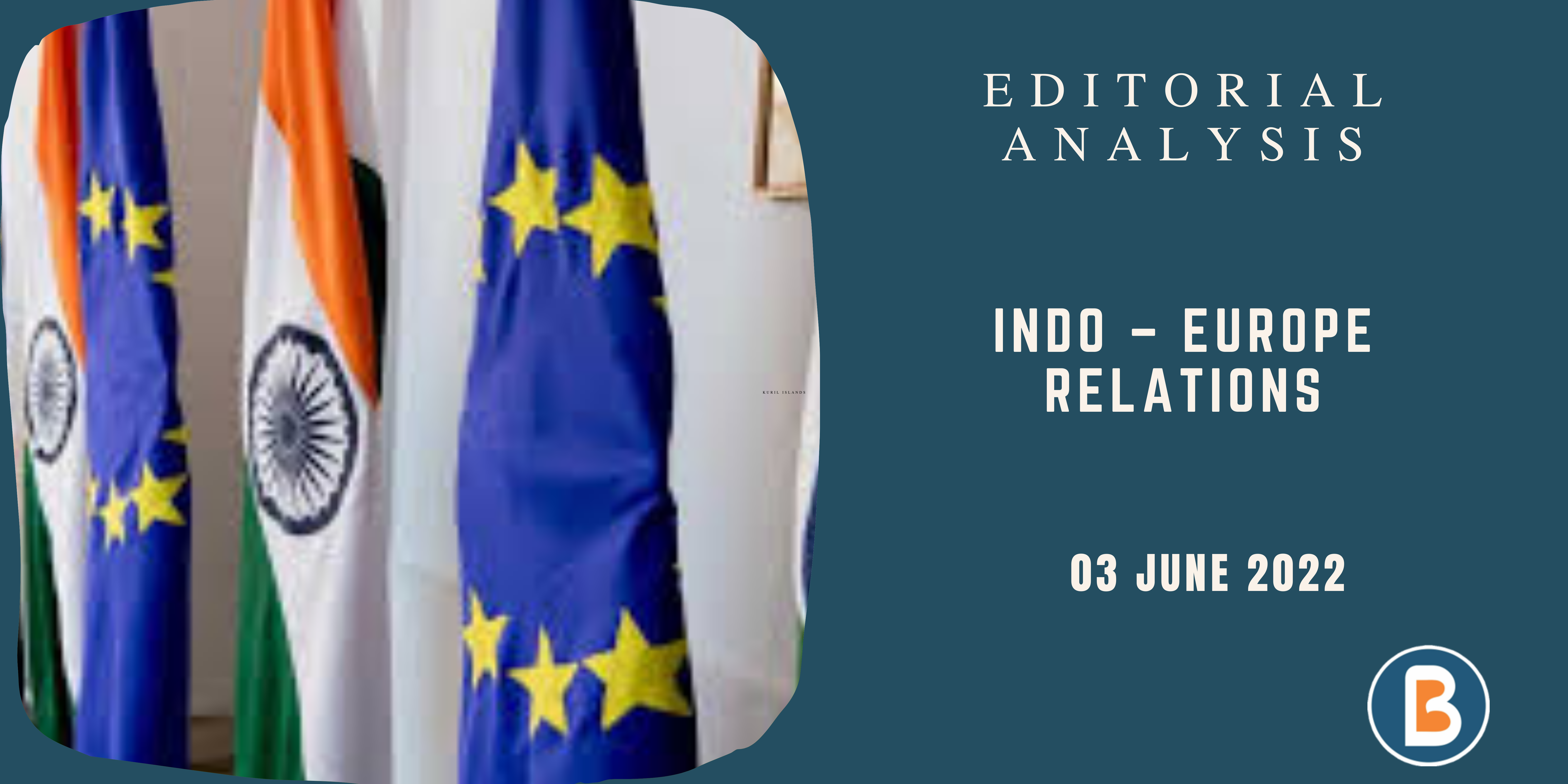Overview of the Prevention of Money Laundering Act (PMLA)
Context:
Recently, The Delhi High Court has ruled that political parties can fall under the purview of the Prevention of Money Laundering Act (PMLA), stating that Arvind Kejriwal would be accountable for the activities of AAP under Section 70(1).
- The Delhi Chief Minister Arvind Kejriwal was recently arrested by the Enforcement Directorate (ED) in Delhi Excise policy-linked money laundering case under the .
Relevance:
GS-02 (Polity)
Facts for Prelims:
- Money Laundering: Money laundering is a process aimed at disguising the source of unlawfully acquired funds. This practice entails transforming illicit proceeds into seemingly lawful assets through a sequence of financial transactions
- Section 70 in The Prevention of Money-Laundering Act, 2002: If a company violates any provisions of the Prevention of Money Laundering Act, every person in charge of the company’s operations at the time of the violation, along with the company itself, will be considered guilty and subject to punishment. However, if the person can prove they were unaware of the violation or took all necessary precautions to prevent it, they may be exempt from punishment. Additionally, if it’s proven that the violation occurred due to the consent, connivance, or negligence of any director, manager, secretary, or officer of the company, they will also be held accountable and liable for punishment.
PMLA,2002:
- PMLA lays down a comprehensive framework defining money laundering offenses and outlining the penalties for such illicit activities.
- It imposes severe punishments that includes rigorous imprisonment and substantial fines, on offenders found guilty of engaging in money laundering.
- Under the PMLA, it empowers the authorities to attach and seize properties associated with money laundering.
- The legislation mandates certain entities, such as banks and financial institutions, to maintain meticulous records of transactions and promptly report any suspicious activities to the Financial Intelligence Unit (FIU).
- This reporting mechanism serves to enhance transparency and facilitate the detection of potential money laundering activities.
- Institutional Framework: To facilitate enforcement and adjudication, the PMLA establishes a Designated Authority responsible for assisting in the investigation and prosecution of money laundering offenses. Additionally, it provides for an Appellate Tribunal to hear appeals against decisions rendered by the Adjudicating Authority, thereby ensuring fair and transparent legal proceedings.
Objectives of Prevention of Money Laundering Act (PMLA):
- The main objective of the PMLA is to prevent money laundering activities by implementing stringent measures and closely monitoring financial transactions.
- Another key objective of the PMLA is to detect and investigate instances of money laundering through effective enforcement mechanisms and regulatory oversight. By identifying suspicious transactions and patterns, authorities can take timely action to disrupt illicit financial flows and hold perpetrators accountable.
- The PMLA seeks to confiscate properties derived from money laundering activities, thereby disrupting illicit financial networks and discouraging individuals from engaging in such criminal conduct.
- Recognizing the transnational nature of money laundering, the PMLA facilitates international cooperation in combating such criminal activities.
- Recent Amendments:
- Proceeds of the Crime not only includes the property derived from scheduled offence but would also include any other property derived or obtained indulging into any criminal activity relate-able or similar to the scheduled offence.
- Money Laundering was made to be treated as a stand-alone crime unlike an independent crime rather depended on another crime, known as the predicate offence or scheduled offence.



